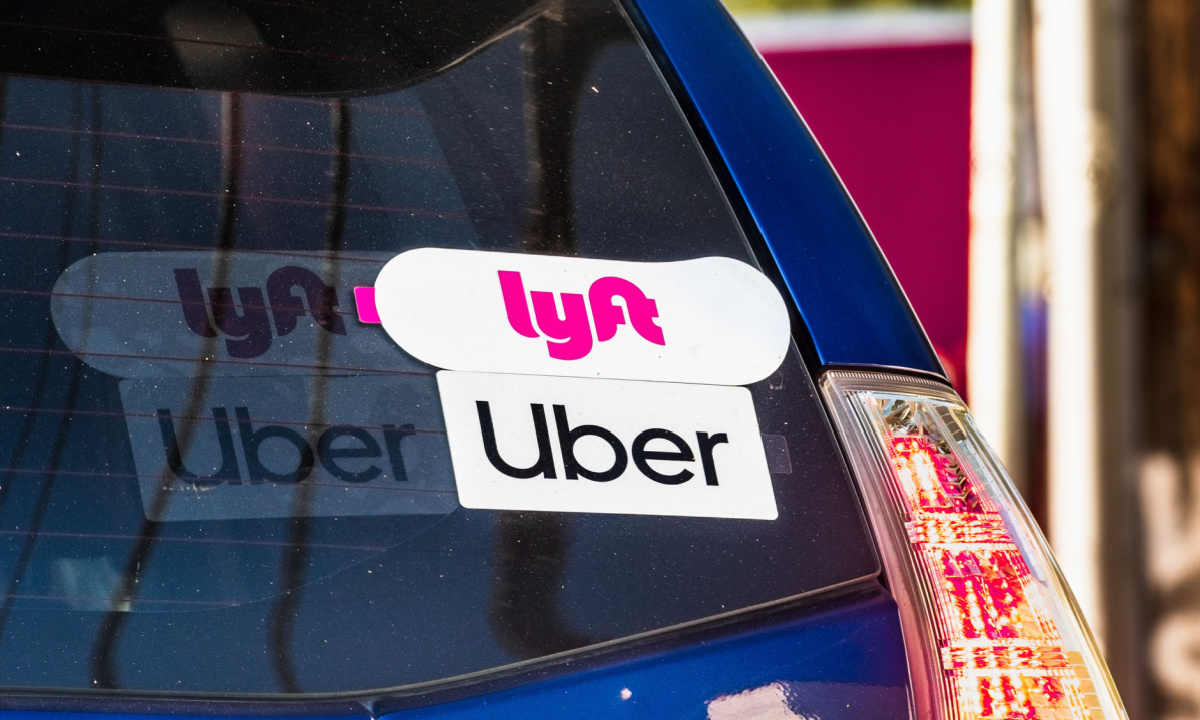
The US Supreme Court has declined to hear a challenge by ride-hailing giants Uber and Lyft regarding lawsuits brought by the state of California on behalf of gig worker drivers. These drivers had signed agreements to resolve legal disputes through private arbitration, avoiding court battles. The rejection of the appeal marks a pivotal moment in the ongoing legal debate surrounding the classification of ride-hailing drivers as independent contractors rather than employees.
According to Reuters, Uber and Lyft had sought to overturn a California state appeals court’s ruling that allowed the state’s attorney general and labor commissioner to pursue claims against the companies. The lawsuit contends that the drivers were misclassified as independent contractors, depriving them of critical employment protections such as minimum wage, overtime pay, and expense reimbursements. The companies argue that federal law prohibits states from suing on behalf of workers who have signed arbitration agreements, which affects millions of U.S. workers who accept similar terms in various industries.
Despite the companies’ appeal, the Supreme Court refused to intervene, upholding the lower court’s decision. As noted by Reuters, California filed separate lawsuits against both Uber and Lyft in 2020, and in 2023, a state appeals court ruled in favor of the state’s right to pursue these claims. The California Supreme Court had also declined to hear further appeals from the companies.
Related: Massachusetts Top Court Clears Way for Voter Decision on Gig Driver Classification
Uber’s attorney, Theane Evangelis, expressed disappointment with the decision, stating in an email that the ruling was incorrect. She added that the Supreme Court could potentially address this legal issue in a future case. Nevertheless, the immediate effect of the court’s refusal to hear the case leaves Uber and Lyft vulnerable to legal challenges regarding their driver classification.
California, alongside other Democratic-led states, has long accused companies like Uber and Lyft of exploiting workers by labeling them as contractors rather than employees, which allows them to bypass wage and labor laws. Most federal and state employment protections apply only to employees, making the distinction between contractor and employee status a crucial one for labor rights.
Per Reuters, Uber, Lyft, and other app-based services have consistently denied that their drivers should be classified as employees, arguing that the flexible nature of gig work offers many benefits to drivers. The companies have pushed for state ballot measures that would permit them to continue classifying workers as contractors while offering some additional benefits.
In fact, a ballot measure supported by Uber and Lyft, known as Proposition 22, was overwhelmingly approved by California voters in 2020. This measure allows ride-hailing companies to treat their workers as contractors, albeit with some added protections. The California Supreme Court upheld this measure in July, marking a win for the gig economy model even as legal battles continue over the rights of drivers.
Source: Reuters
Featured News
Big Tech Braces for Potential Changes Under a Second Trump Presidency
Nov 6, 2024 by
CPI
Trump’s Potential Shift in US Antitrust Policy Raises Questions for Big Tech and Mergers
Nov 6, 2024 by
CPI
EU Set to Fine Apple in First Major Enforcement of Digital Markets Act
Nov 5, 2024 by
CPI
Six Indicted in Federal Bid-Rigging Schemes Involving Government IT Contracts
Nov 5, 2024 by
CPI
Ireland Secures First €3 Billion Apple Tax Payment, Boosting Exchequer Funds
Nov 5, 2024 by
CPI
Antitrust Mix by CPI
Antitrust Chronicle® – Remedies Revisited
Oct 30, 2024 by
CPI
Fixing the Fix: Updating Policy on Merger Remedies
Oct 30, 2024 by
CPI
Methodology Matters: The 2017 FTC Remedies Study
Oct 30, 2024 by
CPI
U.S. v. AT&T: Five Lessons for Vertical Merger Enforcement
Oct 30, 2024 by
CPI
The Search for Antitrust Remedies in Tech Leads Beyond Antitrust
Oct 30, 2024 by
CPI